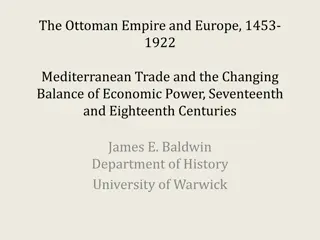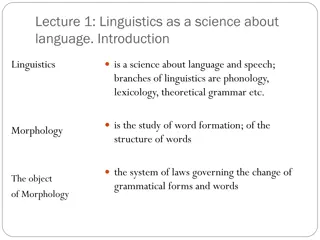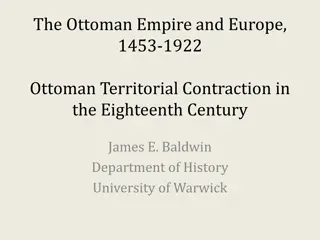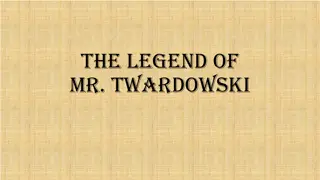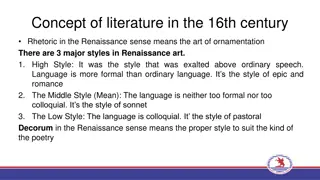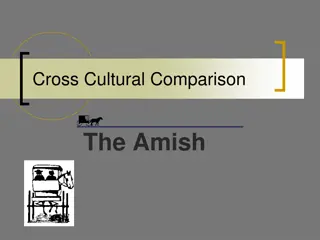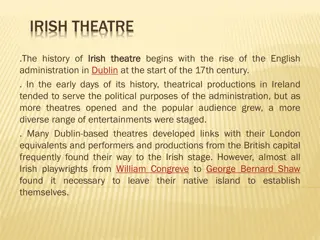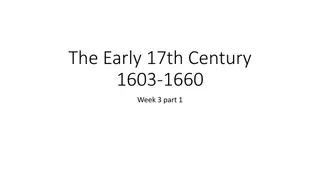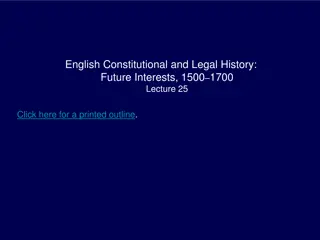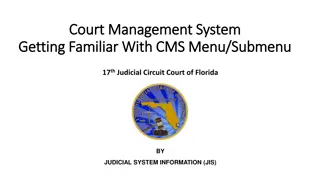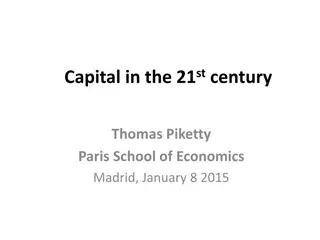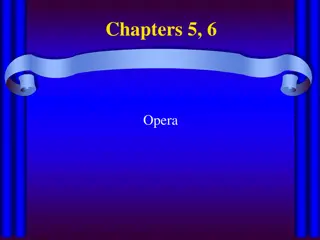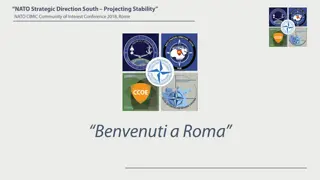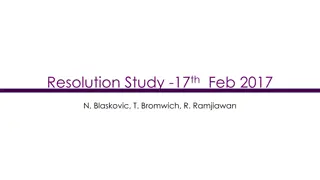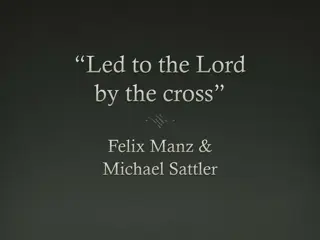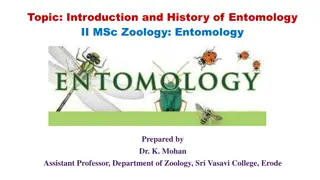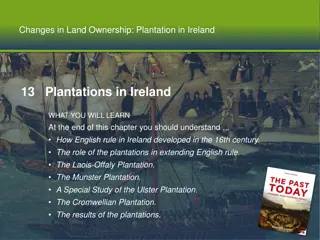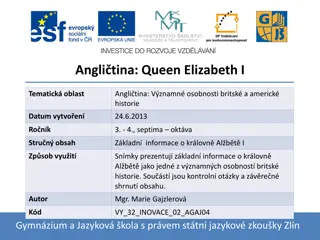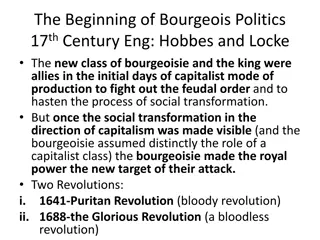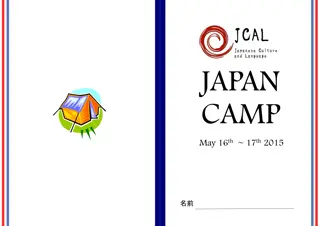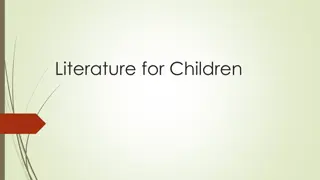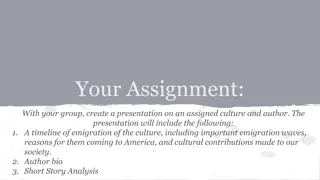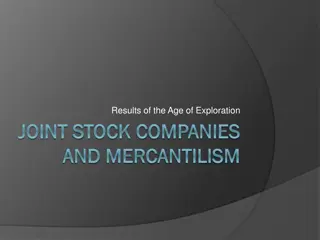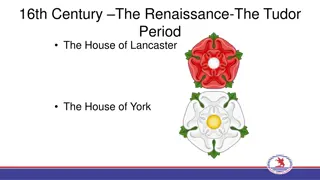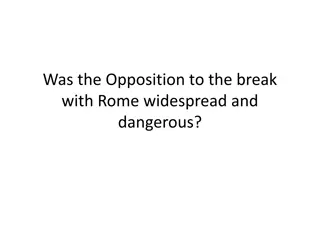The Ottoman Empire and Europe, 1453-1922
The interaction between the Ottoman Empire and European powers, including the Habsburgs, Safavids, Mamluks, and Russia, shaped the geopolitical landscape of the 16th century. This period saw Ottoman expansion, clashes between different empires, and complex motivations behind territorial conquests, i
0 views • 16 slides
READ [PDF] Her Viking Dragon Warrior (Viking Ancestors: Age of Embers Book 2)
14 minutes ago - COPY LINK TO DOWNLOAD = http:\/\/cupangbalapmope.blogspot.com\/?cread=B0CNQP49V8 | PDF\/READ Her Viking Dragon Warrior (Viking Ancestors: Age of Embers Book 2) | After awakening in 16th century Scotland, Kay must face a new world of old mystic beliefs, supernatural beings, and her
0 views • 4 slides
WASDA - GETTING IT RIGHT
The WASDA event on October 16th and 17th, 2023, will cover topics from preparing revenue limits to understanding aid certification, levy processes, and budget finalization. The DPI School Finance Team offers assistance and resources to help districts navigate financial processes effectively.
0 views • 104 slides
Ottoman-European Economic Relations and Mercantilism in the 16th Century
The Ottoman Empire and Europe traded various goods in the 16th century, with a negative trade balance favoring the Ottomans. Institutional innovations like the Joint-Stock Company and the Levant Company emerged to facilitate trade and secure better terms. Mercantilist policies were implemented to re
2 views • 15 slides
The Protestant Reformation: Martin Luther and Key Points of Lutheranism
The Protestant Reformation led by Martin Luther in Germany during the 16th century was a religious movement that challenged the authority of the Catholic Church, giving rise to Protestant Churches. Luther's 95 Theses criticized the sale of indulgences and initiated reforms. Key causes included cleri
5 views • 16 slides
Linguistics: Exploring Language Structure and Morphology
Linguistics is the scientific study of language and speech, encompassing branches like phonology, lexicology, and morphology. This field delves into the levels of language structure, such as phonological, morphological, lexical, syntactic, semantical, pragmatical, and stylistical. Scholars began inv
8 views • 7 slides
Ottoman Empire Territorial Contraction in the 18th Century
Ottoman Empire faced agricultural and fiscal crises in the 17th century, leading to internal rebellions. However, by the mid-17th century, the empire had recovered and experienced further expansion, albeit at a slower rate compared to the previous century. In the 18th century, the Ottomans suffered
2 views • 12 slides
Evolution of Akbar's Religious Policy: A Historical Overview
In the 16th century, Akbar the Great implemented a revolutionary religious policy in the Mughal Empire. Initially a devout Sunni Muslim, Akbar evolved his stance to promote harmony and equality among all religions, fostering tolerance and understanding. This shift marked a significant departure from
1 views • 25 slides
Evolution of Microscopes: From Reading Stones to Phase-Contrast Microscopy
The history of microscopes dates back to the 11th century with the invention of the reading stone, leading to the creation of wearable eyeglasses in the 13th century. The first microscope was developed in the late 16th century by Zacharias Jansen, paving the way for the compound microscope and the t
0 views • 17 slides
The Legend of Mr. Twardowski: A 16th-Century Nobleman and His Encounter with the Devil
Legend tells the story of Jan Twardowski, a 16th-century nobleman in Cracow who delved into magic and alchemy. After summoning the devil and making a pact, Twardowski used his newfound magic to heal people but faced a battle for his soul. Ultimately, he was saved by his prayers and now resides on th
1 views • 6 slides
Literature in the 16th Century: Styles, Patronage, and Poetry Traditions
Explore the concept of literature in the 16th century, focusing on rhetoric in the Renaissance, major styles in art, the role of courtiers and patrons, poetic traditions like heroic, Ovidian, pastoral, and sonnet, and delve into the analysis of Sir Thomas Wyatt the Elder's poem "The Long Love that i
0 views • 4 slides
Exploration of 17th Century Literature: Themes, Poets, and Poetry Schools
The literature of the 17th century in London is characterized by melancholic themes, centered around notable figures like John Milton. The era saw the rise of two distinct schools of poetry - metaphysical and cavalier poetry. Metaphysical poets like John Donne employed unconventional metaphors and e
0 views • 5 slides
Understanding the Amish: A Cross-Cultural Comparison
Cross-cultural studies involving the Amish explore their origins as descendants of 16th-century Anabaptists, their unique religious beliefs, and customs. Learn about the importance of avoiding ethnocentrism and making generalizations when studying different cultures. Delve into the Amish community's
0 views • 33 slides
History and Evolution of Irish Theatre
Irish theatre has a rich history intertwined with politics and cultural developments. From serving political purposes in the 17th century to nurturing indigenous writers and performers in the 20th century, Irish theatre has seen significant evolution. Dublin has been a key hub for theatrical product
0 views • 24 slides
Literature and Historical Events in the Early 17th Century
Queen Elizabeth's death, James I's reign, Charles I's civil war, and Cromwell's era marked the early 17th century. Major literary works by Donne, Jonson, and Bacon flourished, reflecting the social and political turmoil of the time. Jacobean writers like Herbert and Marvell emerged, paving the way f
6 views • 7 slides
Political Turmoil in Pre-Babur India
Babur, a Turkic ruler, seized power in India in the early 16th century amidst a chaotic political landscape. With weak rulers in Delhi and conflicting powers across the subcontinent, Babur's successful invasion marked a significant shift in Indian history, leading to far-reaching consequences.
0 views • 8 slides
Future Interests in English Legal History
Future interests in English legal history encompass remainders, executory interests, and settlements during the 16th and 17th centuries. These concepts involve different types of future interests in parties beyond the grantor, such as vested and contingent remainders, as well as springing and shifti
0 views • 27 slides
Overview of Court Management System in 17th Judicial Circuit Court of Florida
This content provides an in-depth overview of the Court Management System (CMS) utilized by the 17th Judicial Circuit Court of Florida. It covers how to log in to the system, familiarization with the main menu and submenus, and an overview of the menu tabs such as Calendar, Docket, Workbench, Admin,
0 views • 7 slides
Global Analysis of Income and Wealth Inequality Trends Since the 18th Century
Presentation based on "Capital in the 21st Century" by Thomas Piketty, exploring income and wealth distribution dynamics from the 18th century across 20+ countries. The focus is on shifting from rising income inequality to rising wealth inequality, analyzing the long-term evolution of capital/income
0 views • 54 slides
Evolution of Opera: From Italian Camerata to Monteverdi and Purcell
Opera originated in late 16th century Italy, influenced by Greek tragedies and quickly gained popularity among aristocracy and general public by the mid-17th century. Baroque culture combined elements of literature, visual art, and music to create opera. The text in opera is vital for storytelling,
1 views • 14 slides
Dutch Tulip Mania in the 17th Century: A Historical Overview
Overview of the Dutch Tulip Mania during the 17th century, exploring the economic context, law of supply and demand, background of the tulip craze, and how tulips came to Western Europe. Includes insights on the Dutch Golden Age, the rise and fall of tulip prices, and the influence of figures like C
0 views • 20 slides
Results of 17th Annual Eagle Invitational Speech Tournament
The 17th Annual Eagle Invitational Speech Tournament took place online on January 30, 2021. The event included various categories like Creative Expression, Discussion, Dramatic Interpretation, and Duo Interpretation. Winners were recognized in each category, with participants showcasing their talent
0 views • 17 slides
NDC Conference Agenda: 14th-16th May
Detailed agenda for the NDC conference from 14th to 16th May includes key speeches, syndicate work sessions, coffee breaks, and networking events. The event spans across three days with a mix of presentations, group activities, and wrap-up sessions, offering a comprehensive program for attendees.
0 views • 5 slides
Analysis of Resolution Study and Charge Scans on 17th Feb 2017
Detailed analysis conducted on 17th Feb 2017 includes resolution calculations, charge scans, attenuation comparisons, and improvements in data fitting. The study compares measured resolutions with predicted scaling, examines the impact of additional information on fitting, and explores peak shifts i
0 views • 30 slides
The Radical Reformers: Felix Manz and Michael Sattler in 16th Century Switzerland
Led by their strong convictions, Felix Manz and Michael Sattler challenged the established norms of the Catholic Church during the Reformation in Switzerland. Manz, a former pastor under Zwingli, questioned infant baptism and advocated for a separate church, while Sattler, inspired by Luther, marrie
0 views • 29 slides
Oda Nobunaga: Unifier of Sengoku Era Japan
Oda Nobunaga, a prominent warlord of the 16th century, played a pivotal role in unifying Japan during the late Sengoku Era. By asserting control, eliminating the Ashikaga Shogunate, and reshaping economic and social structures, Nobunaga left a lasting impact on Japan's history.
1 views • 5 slides
Evolution of Entomology in India: A Historical Perspective
Entomology, the study of insects, has a rich history in India dating back to the 16th century. From the contributions of William Kirby to the establishment of organizations like the Bombay Natural History Society, this field has evolved significantly. Key figures such as J.G. Koenig and Professor Li
0 views • 10 slides
Plantations in Ireland: Development of English Rule in the 16th Century
Dive into the historical significance of plantations in Ireland during the 16th century, understanding how English rule evolved, the various plantations established like Laois-Offaly and Munster, the impact of Tudor efforts to conquer Ireland, and the reasons behind the failure of certain plantation
0 views • 25 slides
Lifetime Achievement Awards at 17th IUFoST World Congress
Celebrating excellence in the field of food science and technology, the 17th IUFoST World Congress honored J. Ralph Blanchfield from the UK, Walter Spiess from Germany, and David Lineback from the USA with prestigious Lifetime Achievement Awards. These distinguished professionals have made significa
0 views • 10 slides
Queen Elizabeth I of England - A Brief Overview
Queen Elizabeth I of England, known as the Virgin Queen, ruled during the 16th century. She was the daughter of King Henry VIII and Anne Boleyn, and her reign saw England firmly establish as a Protestant country. Elizabeth I was a successful queen who controlled the political and religious landscape
0 views • 8 slides
Understanding Puritanism: Beliefs, Values, and Persecution in the 16th-17th Centuries
Puritanism was a movement that sought to purify the Church of England, advocating for simpler worship practices and personal spiritual connection. The Puritans faced persecution in England, leading many to flee to new lands like Holland and eventually North America. Their beliefs emphasized salvatio
0 views • 14 slides
The Evolution of Bourgeois Politics in 17th Century England: Insights from Hobbes and Locke
The emergence of bourgeois politics in 17th century England marked a significant shift in power dynamics as capitalism began to take hold. The bourgeoisie initially allied with the monarchy to overthrow the feudal order but later turned against the royal power. The Puritan Revolution and the Gloriou
0 views • 20 slides
Japanese Cultural Camp at Waiora Scout Camp - May 16th to 17th, 2015
Experience a two-day Japanese cultural camp filled with activities like traditional games, workshops, and food at Waiora Scout Camp. Meet new people, practice Japanese language, and deepen your understanding of Japan in a fun environment. Stay prepared with the to-bring list provided for a memorable
0 views • 5 slides
Explore the Fashion Legacy of Italy - La Moda Italiana
Italy has a rich history in fashion, dating back to the 11th century. The country is renowned for its high-quality textiles, fabrics, shoes, and iconic fashion houses like Gucci, Prada, and Dolce & Gabbana. After a decline in the 17th century, Italian fashion made a remarkable comeback in the 1950s,
1 views • 23 slides
Evolution of Children's Literature: From Past to Present
Explore the rich history and development of children's literature, from its early beginnings in the 17th century with Johann Amos Comenius to the diverse genres and notable works in the 19th century. Discover how the 20th and 21st centuries ushered in a new era with prestigious awards like the Newbe
0 views • 8 slides
Hispanic Immigration Timeline & Sandra Cisneros Influence
Explore the timeline of Hispanic immigration to America from the 16th century to the mid-20th century, highlighting significant events such as the Treaty of Guadalupe Hidalgo and the Bracero Program. Learn about the cultural contributions of Hispanics and delve into the author Sandra Cisneros and he
0 views • 18 slides
Economic Impact of Joint Stock Companies and Mercantilism During the Age of Exploration
The Age of Exploration led to the rise of Joint-Stock Companies, a precursor to modern corporations, which allowed pooling of wealth for overseas ventures. This era also saw the emergence of Mercantilism, a policy focusing on accumulating wealth through favorable trade balances and colonial exploita
0 views • 10 slides
Evolution of Thriller Genre: From Crime Retribution to Psychological Imbalance
The history of the thriller genre traces back to the 17th century with themes of crime retribution evolving into entertainment by the 19th century. Crime was viewed as a social problem in the late 20th century, leading to the emergence of detective and criminal noir styles. Psycho thriller narrative
0 views • 6 slides
The Tudor Period: 16th Century Renaissance in England
In the 16th century, the Tudor period in England marked the end of the Wars of the Roses between the Houses of Lancaster and York. Henry VII became the first Tudor king after defeating Richard III. Subsequent rulers like Henry VIII and Elizabeth I influenced the country's political and religious lan
0 views • 14 slides
Opposition to the Break with Rome in 16th Century England
The opposition to the break with Rome during the reign of Henry VIII in 16th century England was notable, leading to executions of prominent figures like Sir Thomas More and Bishop John Fisher. Despite some limitation of overt opposition, the English people were deeply connected to the papacy. The s
0 views • 12 slides
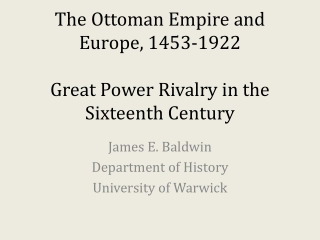
![READ [PDF] Her Viking Dragon Warrior (Viking Ancestors: Age of Embers Book 2)](/thumb/42246/read-pdf-her-viking-dragon-warrior-viking-ancestors-age-of-embers-book-2.jpg)

